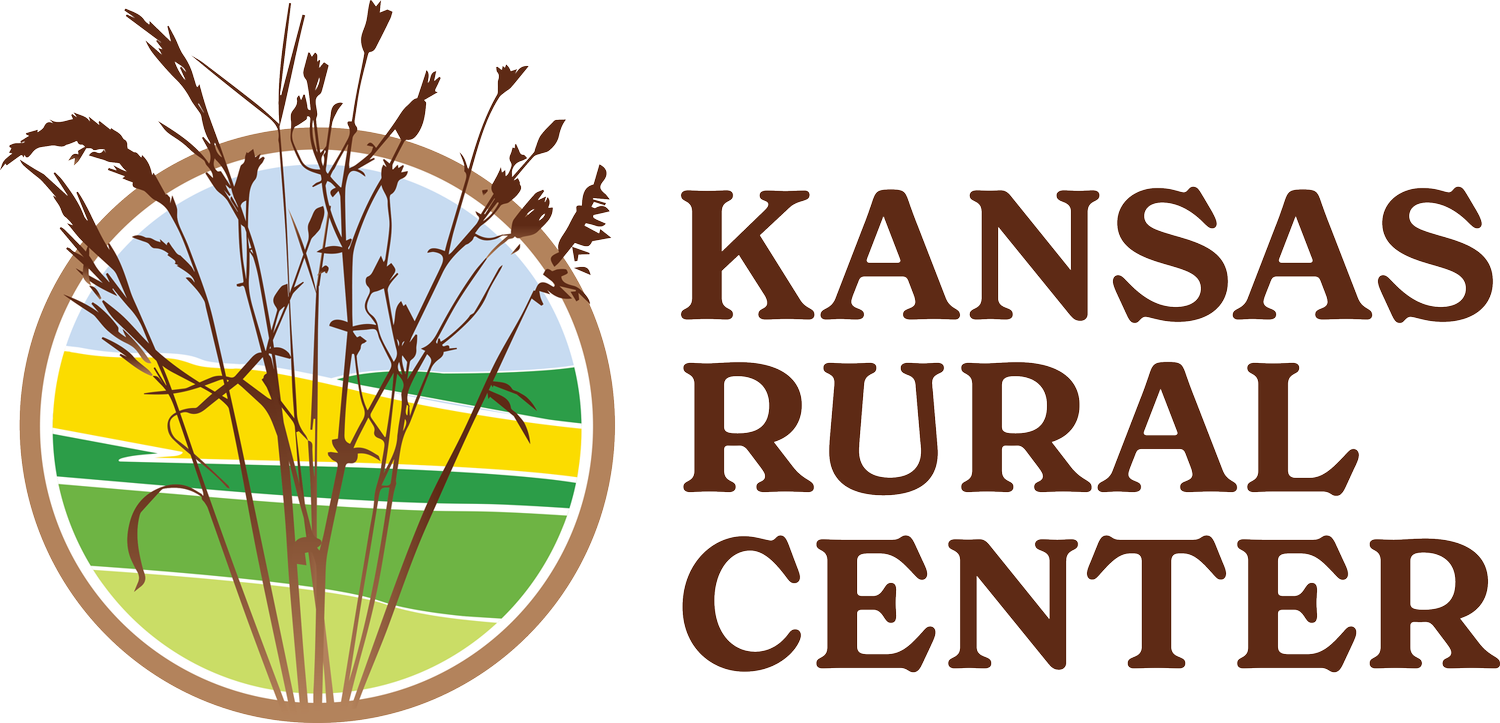What is a Food Value Chain? And what will the Coordinator do?
The USDA recently awarded Kansas Rural Center and its partners a Local Food Promotion Program grant to facilitate the development of a Food Hub serving South Central Kansas. Part of this grant provides for my position as the Food Value Chain Coordinator(FVCC). What does this all mean for KRC and its partners on the grant?
Teresa Kelly - FVCC
Most folks are familiar with the physical infrastructure that makes up a supply chain. From producer to plate, the transport logistics, storage, processing, and packaging of products are all part of the links of the food supply chain. But where does the value come in? Recently, there has been an evolution in the system, bringing back the social infrastructure once part of the supply chain.
The pandemic highlighted the gaps left when a consolidated system becomes highly streamlined with an emphasis on moving product from point A to point B quickly at minimal cost for maximum profit. The social side of the system is lost. The way local food managed to survive and even thrive in the pandemic was to connect with the local community, businesses, and organizations with a common goal to move food to people who needed it when the larger supply chain broke down. It showed how a more connected system considering broader business and community relationships could leverage and develop hard infrastructure to build a stronger local food economy.
As the Food Value Chain Coordinator, I will wear many hats to coordinate this effort. I will work to cultivate and build lasting relationships across the diverse stakeholder community by providing engagement opportunities for open dialog. This includes identifying opportunities and playing matchmaker between farmers, producers, and customers and helps fill in the connections between them. FVCCs provide technical assistance and identify educational opportunities to help stakeholders scale up and organize for growth. I will seek ways to solve barriers that keep stores, schools, and other wholesale buyers from purchasing local food. As FVCC, I will identify resources to help stakeholders experiment and build innovative businesses and infrastructure to fill in the links that complete the loop from farm to plate.
Most importantly, I am curious and will listen to the wants of the communities in a corridor between Wichita and Salina. Over the next two years, I look forward to assisting community members in finding and connecting the puzzle pieces that result in a common desired outcome. In this case, the desired outcome is a Food Hub serving south central Kansas.
Why people should reach out to us and how:
What might the food corridor staff be able to do for you? Teresa is working to connect with wholesale and mid-tier market buyers for your products. Knowing where you’re located and what you have available to sell or anticipate wanting to grow and sell in the future is helpful as we reach out and continue to build the market for local food products. Do you have a question about state regulations on growing or selling a certain product through wholesale channels, a food safety concern you don’t have time to track down, or other farm and business questions? Put Ryan on the case to track down the answers for you!
We know how busy and stressful running a farm business can be, so if you want someone to work alongside you to sort out the challenges you’re facing, please reach out to us! You can contact both Teresa and Ryan at foodhub@kansasruralcenter.org. To stay up to date with the project’s progress by, subscribing to our Central Kansas Food Corridor mailing list, found at https://kansasruralcenter.org/foodhub. - Ryan


